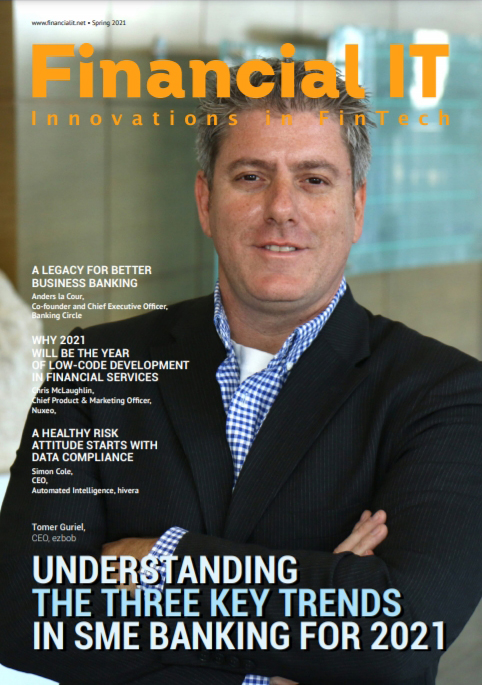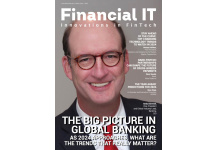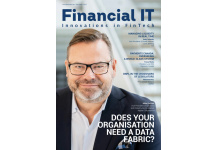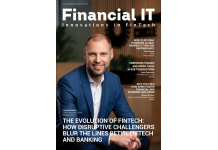Spring Issue 2021

- 15 Mar, 2021 02:00 am
This edition of Financial IT stands out for the broad diversity of topics on which our contributors have written.
Nevertheless, it is possible to link each of the contributed articles to one of three main themes.
New strategies
The first of these themes is: rapidly changed plans. One recent survey that is cited in an article found that the Covid-19 pandemic caused 58% of respondent banks to change their IT infrastructure strategies.
The new strategies will, of course, vary from institution to institution. However, it appears that hybrid private/public cloud models will be used by most banks and fintechs. Indeed, one of the articles notes that recent research found that 86% of enterprises see hybrid cloud models as ‘ideal’ for their needs.
New strategies may well involve a different approach to physical infrastructure. Automated Teller Machines (ATMs), for instance, could well be required in different places, be owned by different people and be branded in a new way – but still serve broadly the same customers who were using them prior to the pandemic.
Empowered consumers
In other words, what the customer wants, the customer is getting. Consumer empowerment is the second main theme that runs through this edition of Financial IT. A recent survey in the UK found that 84% of online shoppers say that their experience with the retailer or financial institution is as important as the goods and services that are being purchased. Over half of the shoppers say that companies need to change the way in which they engage with their online customers. Given that about one third of the UK’s retail sales are online, that is important.
Increasingly the newly empowered consumers are placing their trust in challenger institutions and fintechs rather than in established banks. One of the articles suggests that China is now the world’s leader in financial technology. In Europe, Russia’s Sberbank is the second largest listed bank by market capitalisation. What was formerly the monolithic savings bank of the USSR is using technology and marketing to expand into new markets.
The heightened competitive pressures mean that incumbents and challengers are under pressure to acquire, process and make informed decisions based on data.
The race for data
The race for data is the third theme in this edition of Financial IT. In the UK, nearly 45% of software developers are using low-code development tools which make programming simpler. Technology companies have profitable businesses that based around the designing, testing and maintenance of APIs. Open Banking continues to grow. The year 2021 could see a breakthrough in the adoption of the ISO 20022 language for payments messages – providing financial institutions with new opportunities
Of course, more data means more mistakes – or worse. One recent survey found that online fraud in the UK has increased by 33% or so since early 2020. Another survey suggests that 90% of data breaches in the UK are due to human error.
None of these trends are new. As the uncertainty surrounding Covid-19 recedes, it is apparent that the pandemic has accelerated the huge changes that were already underway at the intersection of financial services and IT.
What about the year to come?
In the Winter edition of Financial IT, we made three Big Calls for the year 2021.
We suggested that blockchain would return to the spotlight after three years of (relative) obscurity in 2018, 2019 and 2020. In particular, we envisaged that it would play an important role in payments and trade finance (especially in emerging markets).
We also envisaged that the surge in crossborder remote working would boost demand for cheap and instant B2C and C2C payments. Both the price and the time lag for payments are falling towards zero.
Finally, we said that 2021 would really see progress in the area of RegTech. Specifically, we predicted that, by the end of the year, it would be far easier for financial institutions to know for certain whom they are really dealing with.
We stand by all three of these Big Calls. Intriguingly, the Big Call topics were hardly mentioned at all by the diverse contributors of articles to this edition of Financial IT.
As of mid-March 2021, governments around the world appear at last to be getting the Covid-19 pandemic under control. Three months ago, that was not the case.
What has happened in the meantime is that established financial institutions, challenger banks and fintechs of all types are taking a longer-term view of the opportunities that are available to them.
That has to be a sign of, and grounds for, optimism.





















